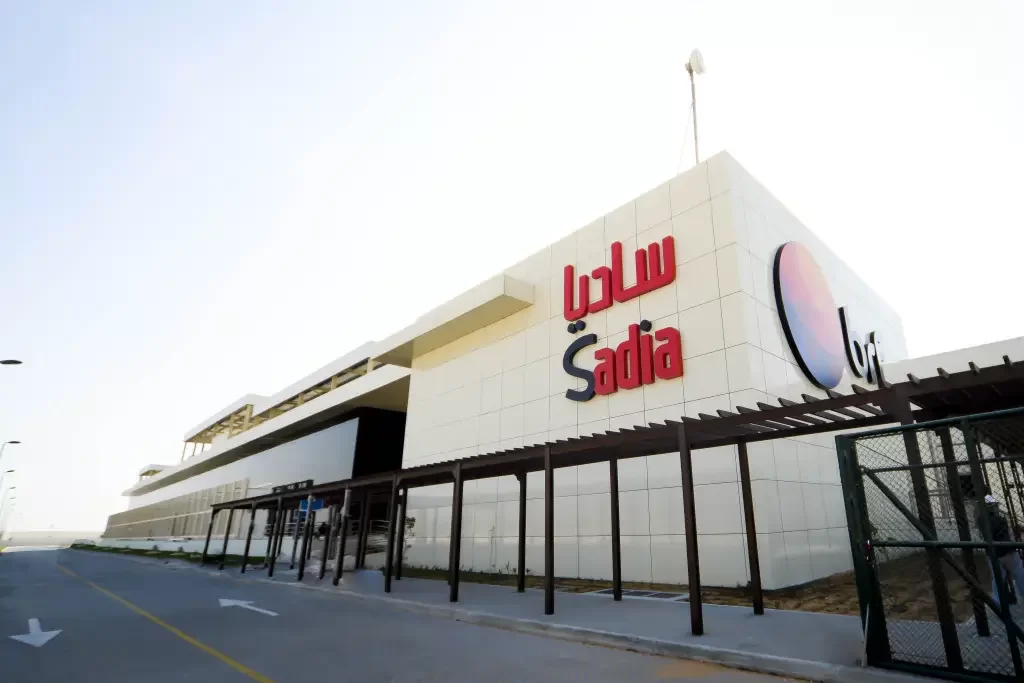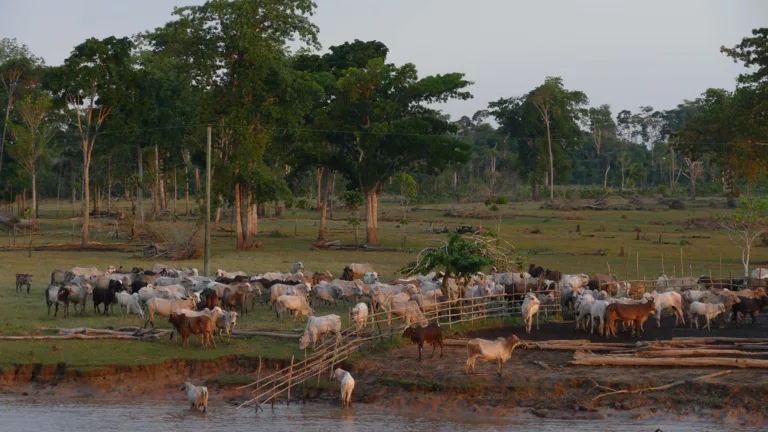
After a sterling turnaround that brought the Brazilian chicken giant BRF back to profit, the company is ready to resume its international growth plan. At the center of the strategy is the Middle East, a region with growing demand for processed food and halal-related demands that BRF is totally able to attend.
The halal market — a region that comprises 14 nations — represents about a quarter of BRF’s total revenue, which reached almost $10 billion last year. Saudi Arabia alone accounted for roughly 7% of BRF’s sales. There, Sadia (BRF’s primary brand) is a market leader — a position conquered over decades, with the company’s first shipment to Saudi Arabia dating back to 1973.
To maintain leadership in a market that is undergoing cultural transformations, BRF is focusing on Saudi Arabia as part of its next steps abroad. The Brazilian company will finally build its second processed food facility in Saudi Arabia, a plan first envisioned in 2019. The plant’s location has just been set in Jeddah, the kingdom’s second-largest city.
In another (unprecedented) move, BRF will produce chicken in Saudi Arabia through a partnership with PIF (Saudi Arabia’s sovereign wealth fund). A joint venture between both was established last year with a $ 500 million investment. The company is assessing the possibility of building its own slaughterhouses or enter the market through an acquisition, according to BRF’s vice president for the halal market, Igor Marti.
“When we complete our plan in Saudi Arabia, BRF will be the only non-Saudi company clearly and permanently included in the Saudi government’s food security agenda. No one else will have this ecosystem, with its own distribution, brand, two processed food facilities, and a chicken breeding and integration operation in the kingdom,” Marti said in an interview at the sidelines of Sial, a biennial food industry event taking place in Paris this week.

Kingdom’s Allie
Building an industrial complex in Saudi Arabia is a way to align BRF with the kingdom’s long-term plan, known as Vision 2030. The goal is to drastically reduce chicken meat imports as part of a self-sufficiency program that began in 2016 and has already made significant progress.
Saudi Arabia aims to supply 80% of its chicken market with locally produced meat, a milestone that will benefit from BRF’s investments. When Vision 2030 was launched, less than 45% of Saudi Arabia’s chicken consumption was produced locally. Now, nearly 70% is produced domestically, according to the USDA (US Department of Agriculture).
To achieve this, Saudi Arabia has adopted several measures to restrict the market access for exporters that do not invest in the country, combining protectionism to economic incentives.
The first and most drastic measure was taken in 2017, when the import tax on chicken meat was quadrupled. This tariff adjustment leveled the playing field, making Saudi-produced chicken cost nearly the same as Brazilian imports, despite Brazil historically being the world’s most competitive poultry producer.
In addition to tariffs, Saudi health authorities have embargoed several meatpacking plants, including Brazilian ones, in what was seen as a tactic to pressure for local investments.
In mid-2019, BRF’s processed food factory in Abu Dhabi, United Arab Emirates, was suspended from exporting to Saudi Arabia. This measure was reversed in 2022 after Sadia’s parent company committed to investing in Saudi Arabia.
More Processed Food
With the resumption, the Abu Dhabi’s plant quickly reached full capacity. Inaugurated ten years ago, it’s already the largest industrial complex in the region and will continue to grow. BRF is increasing the unit’s processing capacity to 100,000 tons per year from the current 60,000 tons.
Together, BRF’s investments in Saudi Arabia and Abu Dhabi will unlock growth potential in the processed food market, allowing the company to gain market share in the few countries where it ranks second due to capacity constraints.
Expanding in the processed food business is crucial given the changing consumption dynamics in the Middle East. Amid cultural transformations in the region, with Saudi women entering the workforce, consumption is increasingly shifting toward prepared foods. Fresh whole chicken consumption in Gulf countries has been declining at an average rate of 3% over the last five years, while prepared food sales have been rising by around 20%.



